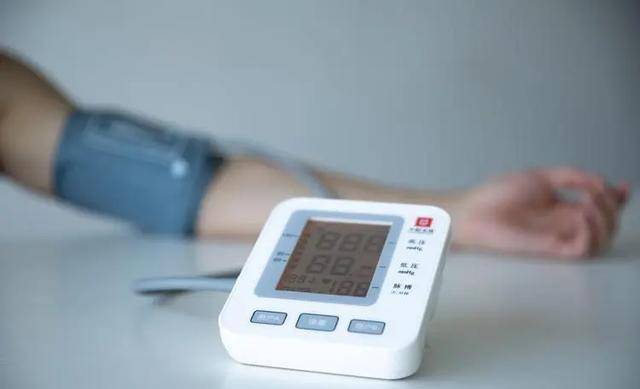Hypertension is a common chronic disease that patients need to pay special attention to in their daily diet. Walnuts, as a common nut, are considered a nutritious food, but can hypertension patients eat walnuts? In fact, the four substances that are not recommended for hypertension patients to consume are: sodium, caffeine, alcohol, and sugar. The following will explain the effects of these four substances on hypertension patients.
First, sodium is a substance that hypertension patients need to pay special attention to. Sodium is the main component of salt, and a high-salt diet is an important cause of hypertension. Consuming too much sodium can lead to water retention in the body, increase the blood volume in the blood vessels, increase the burden on the heart, and raise blood pressure. The sodium content in walnuts is not high, with about 2 milligrams of sodium per 100 grams of walnuts. Compared to high-salt foods, walnuts are not a food that hypertension patients need to avoid.
Secondly, caffeine is a common stimulant found widely in coffee, tea, and some carbonated drinks. Caffeine can stimulate the central nervous system, increase the heart’s contractions and heart rate, leading to an increase in blood pressure. For hypertension patients, consuming too much caffeine may worsen hypertension. Walnuts have a relatively low caffeine content, about 140 milligrams per 100 grams of walnuts. Compared to coffee and tea, walnuts are not a food that hypertension patients need to avoid.
Third, alcohol is a common depressant, excessive alcohol intake can lead to high blood pressure. Alcohol can dilate blood vessels, increase blood flow, and thus raise blood pressure. In addition, alcohol can damage the liver and affect its regulation of blood pressure. For hypertension patients, consuming too much alcohol may worsen hypertension. Although walnuts do not contain alcohol, it is important to be cautious about combining walnuts with alcoholic beverages when consuming them to avoid adverse effects on blood pressure.
Lastly, sugar is one of the substances that hypertension patients need to pay special attention to. Excessive sugar intake can lead to weight gain, increase the burden on the heart, and raise blood pressure. Moreover, a high-sugar diet can increase the risk of developing diabetes, which is an important complication of hypertension. The sugar content in walnuts is relatively low, about 7 grams of sugar per 100 grams of walnuts. Compared to high-sugar foods, walnuts are not a food that hypertension patients need to avoid.
In conclusion, hypertension patients can consume walnuts in moderation. Walnuts are rich in healthy fats, proteins, fibers, and various vitamins, which have a positive impact on cardiovascular health. However, what hypertension patients need to pay special attention to is the intake of sodium, caffeine, alcohol, and sugar. By controlling the intake of these four substances reasonably, along with a balanced diet and moderate exercise, hypertension patients can better control their blood pressure and improve their quality of life.


